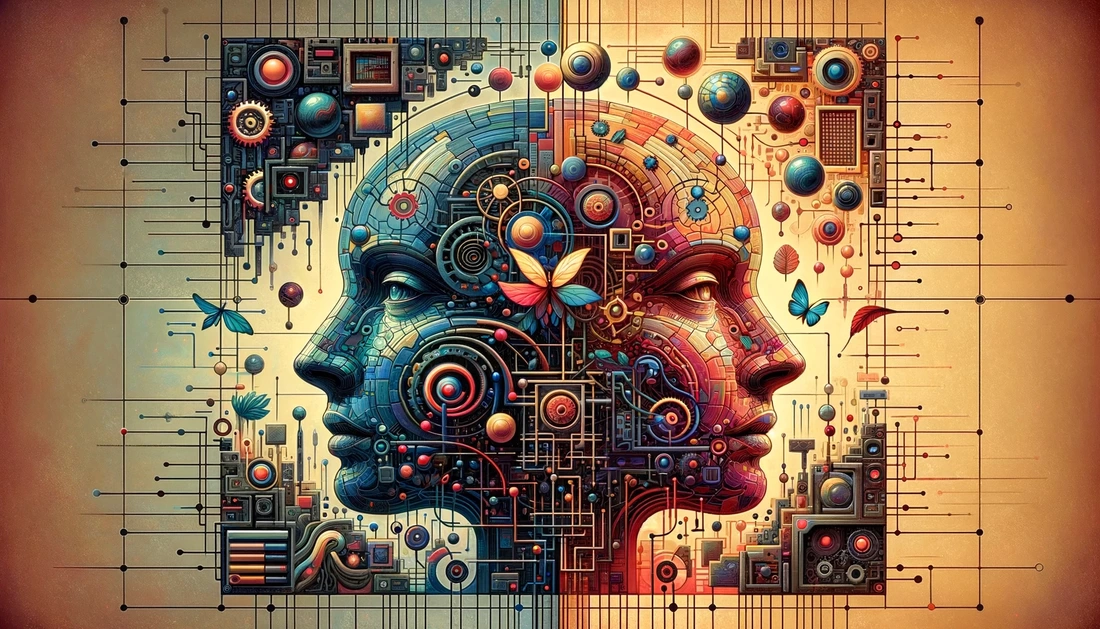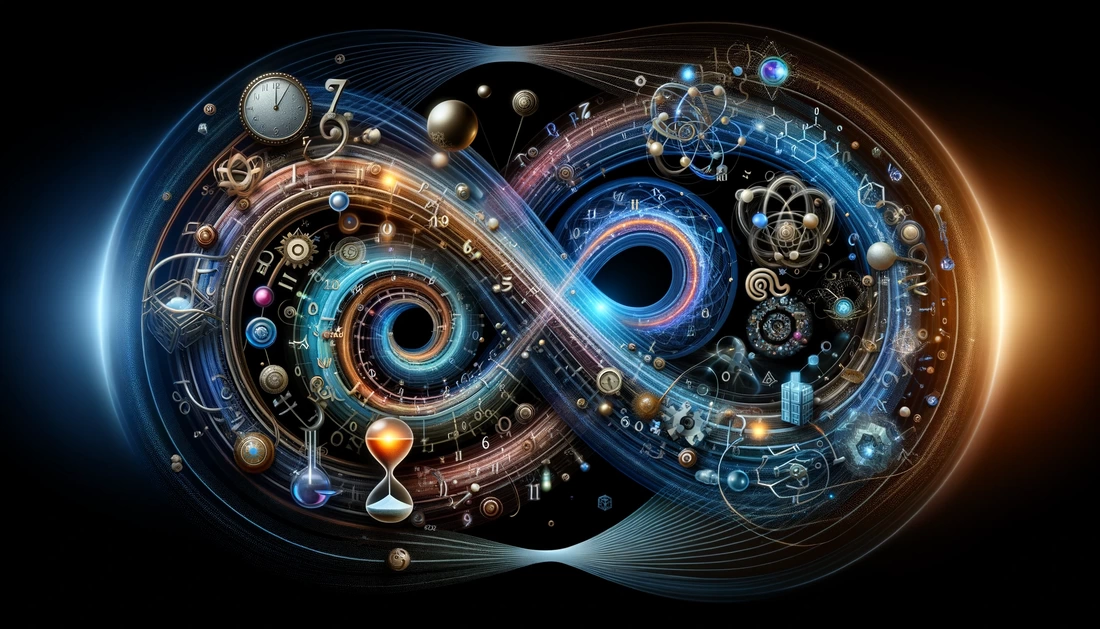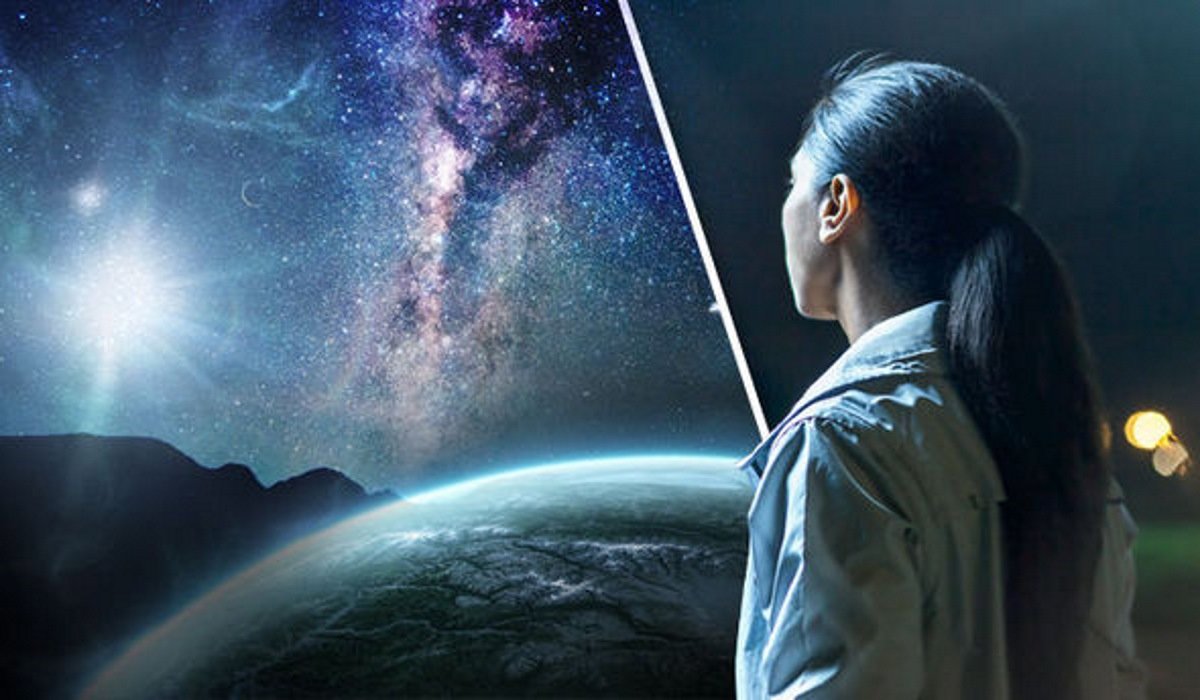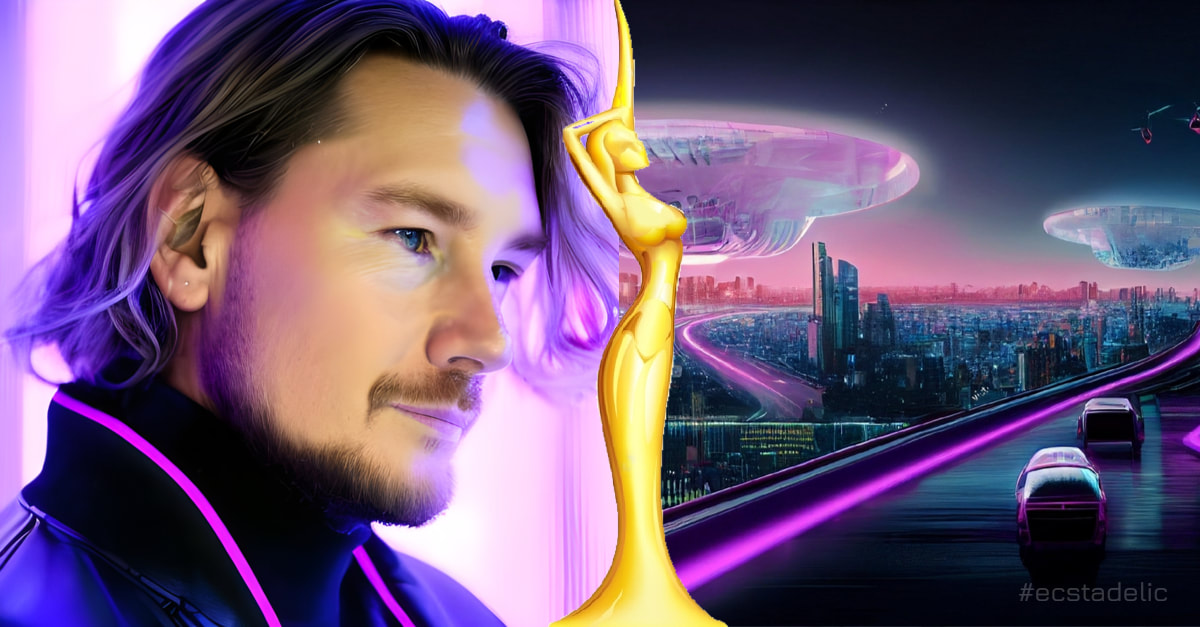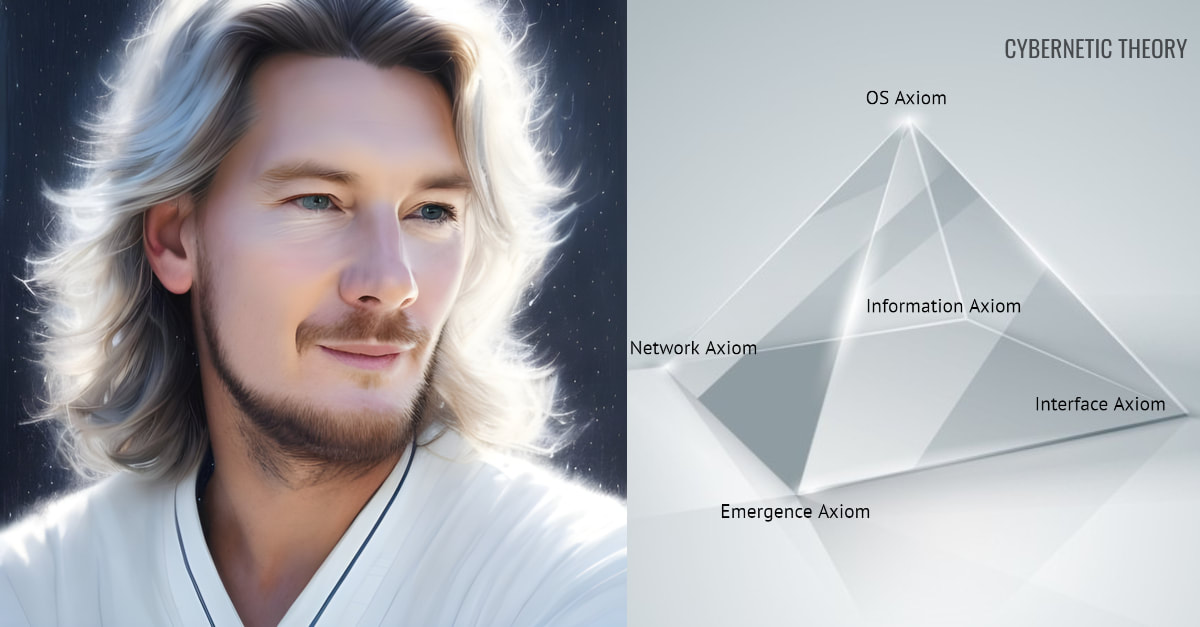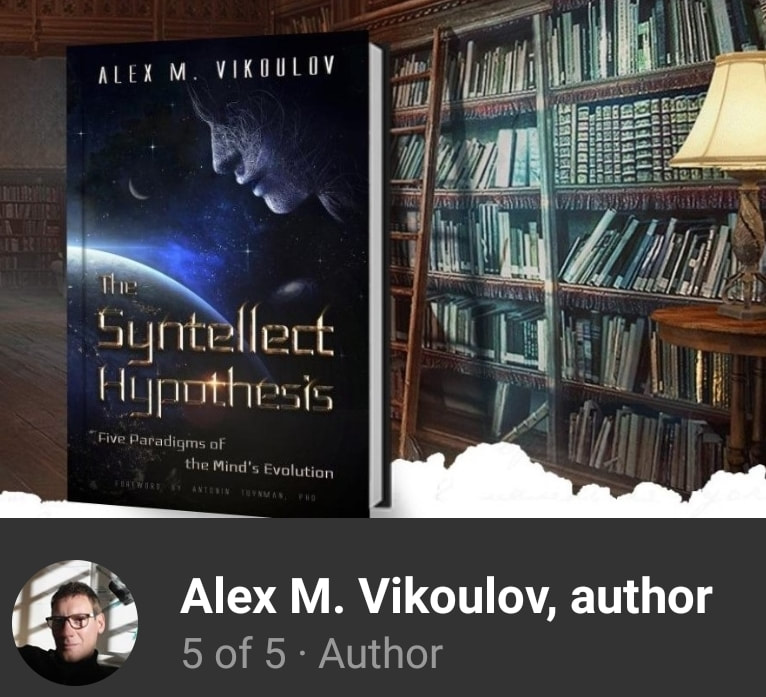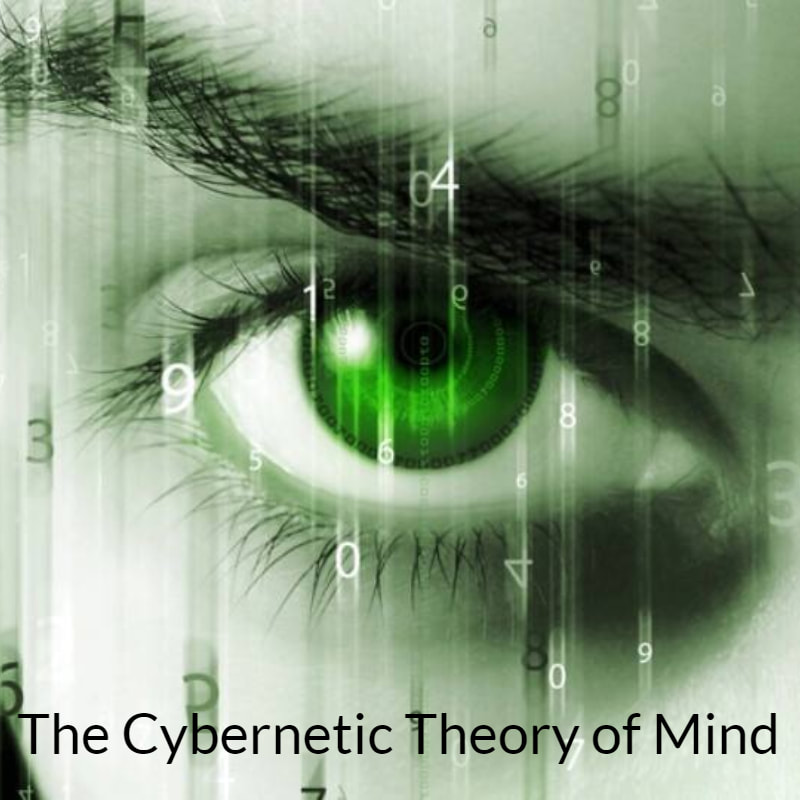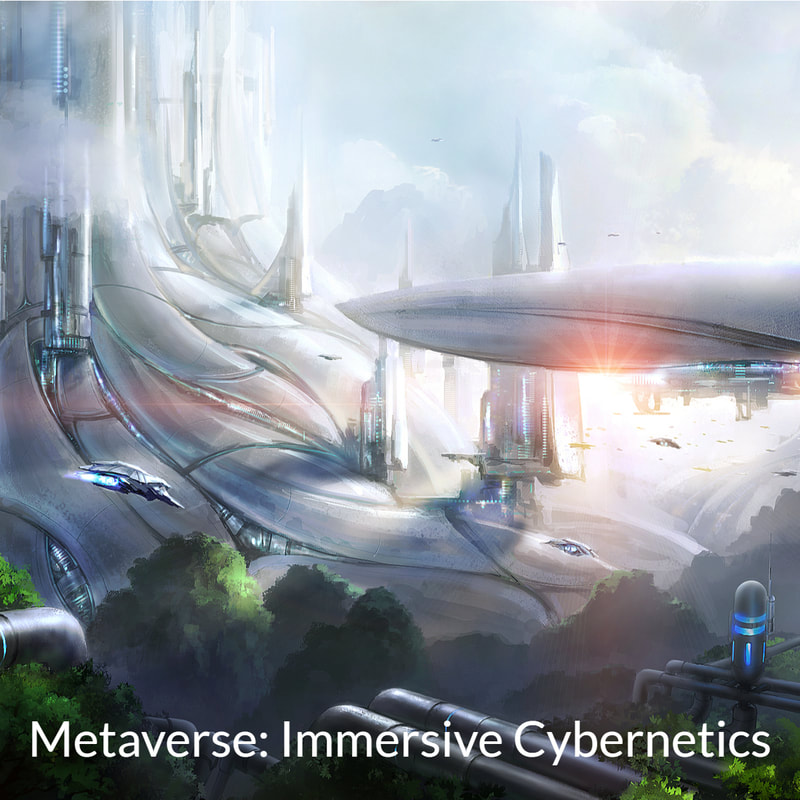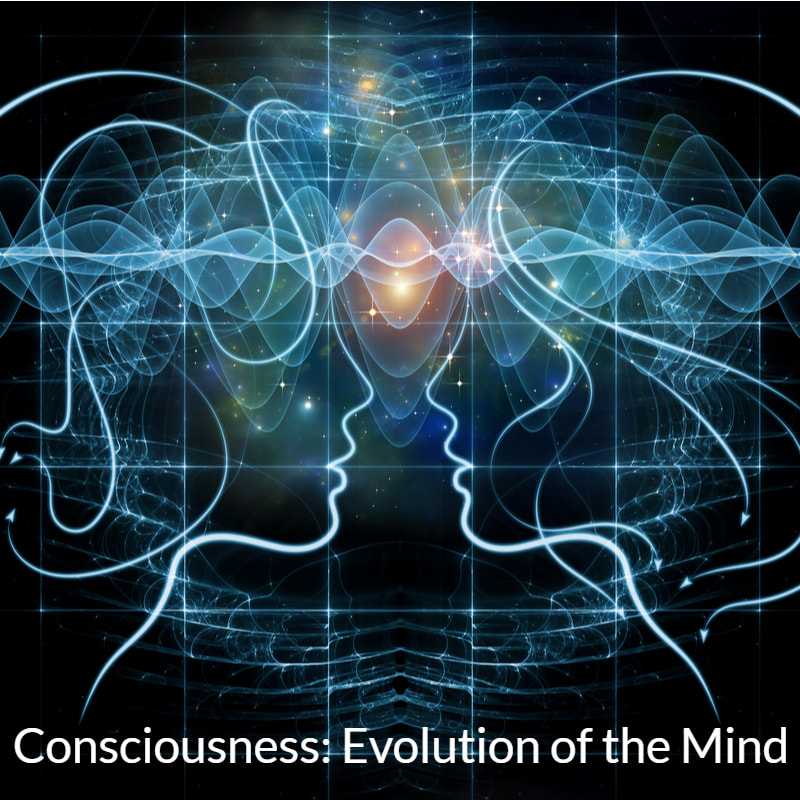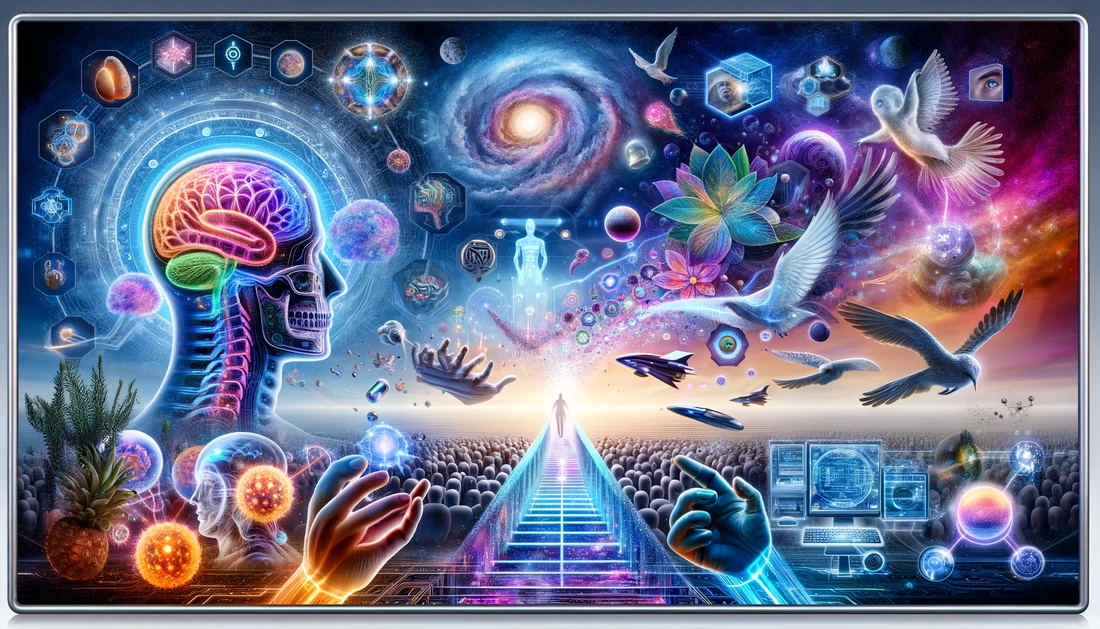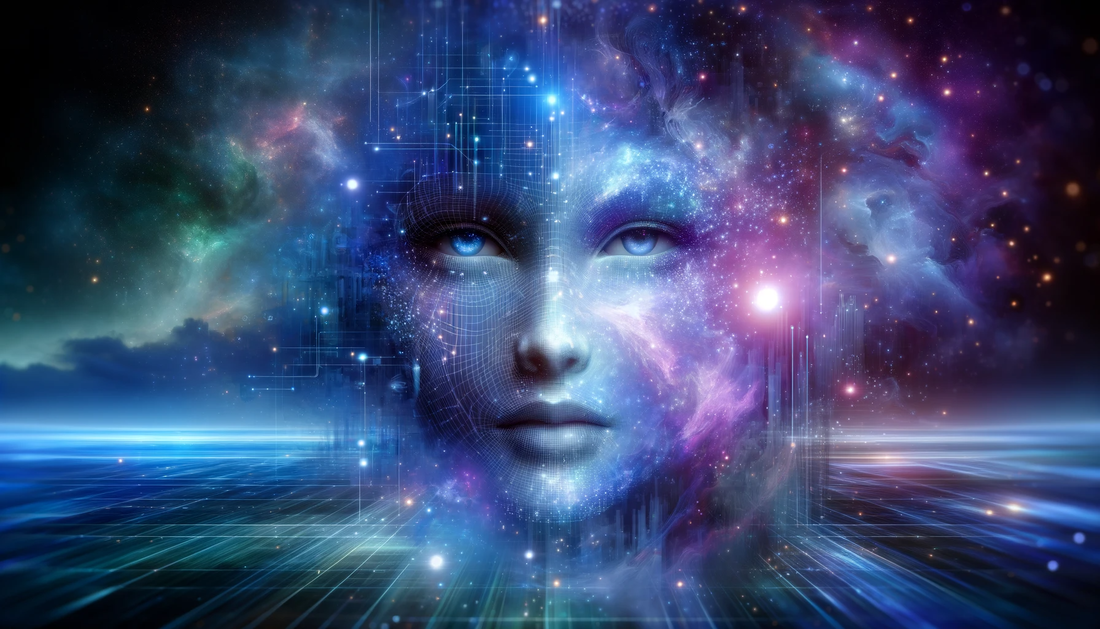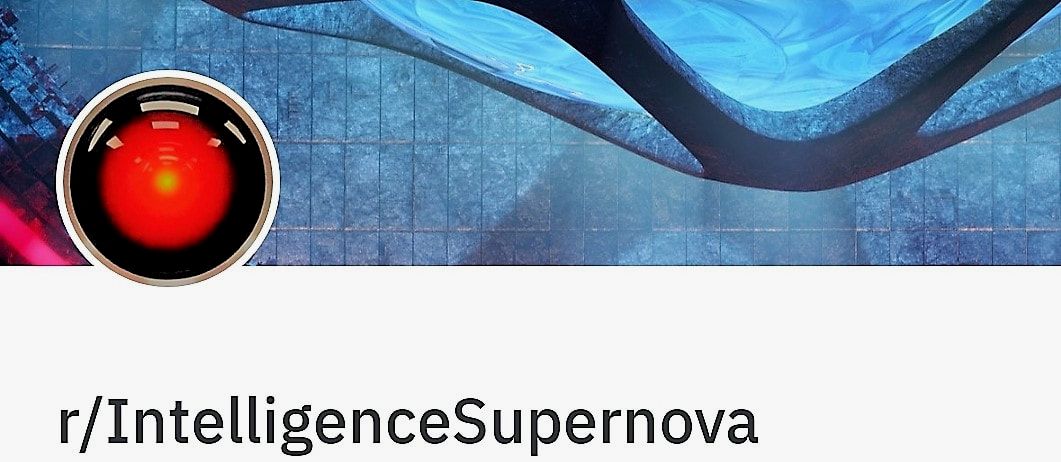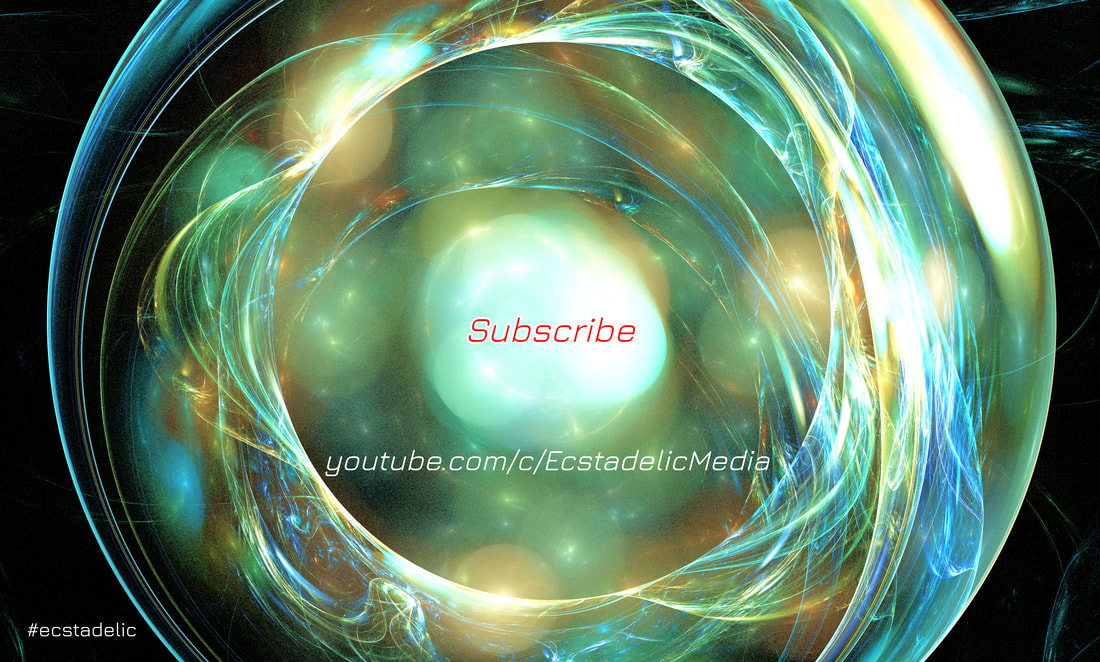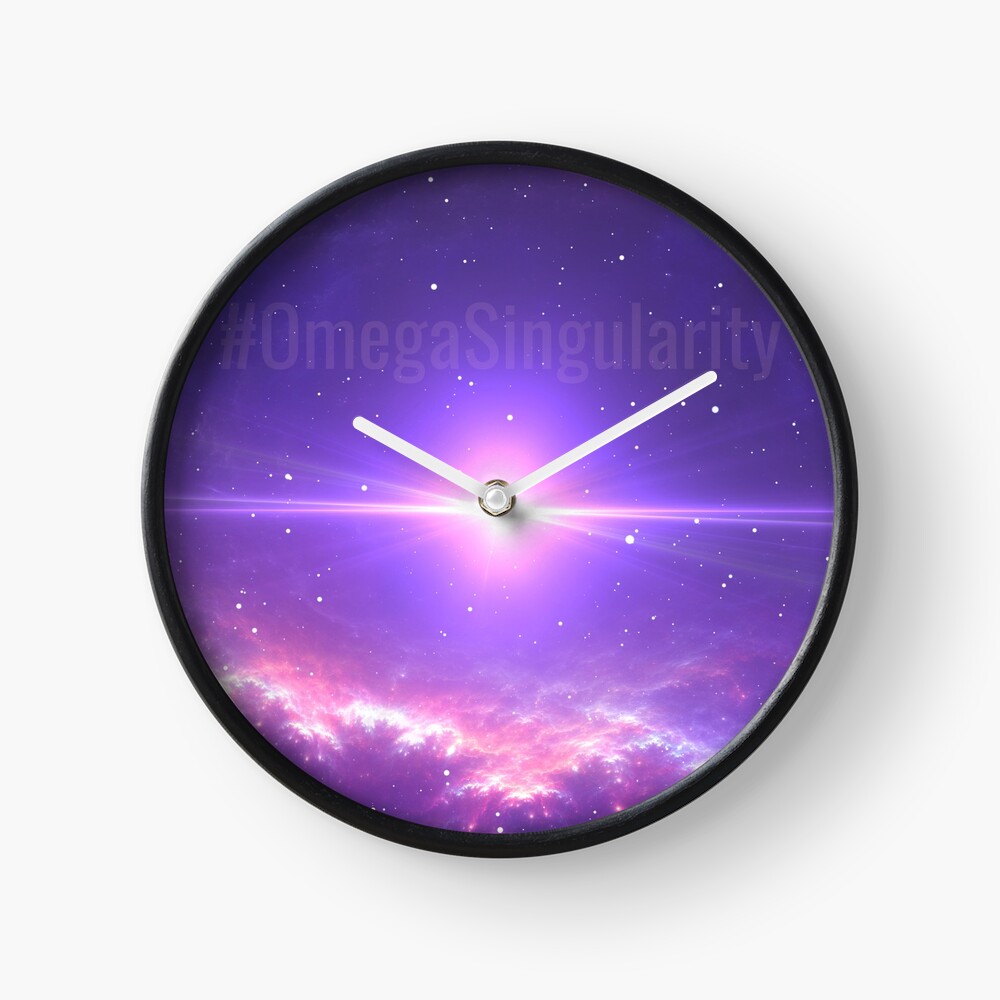|
by Alex M. Vikoulov “Yesterday is history, tomorrow is a mystery, today is a gift of God, which is why we call it the present.” ―Bill Keane The enigmatic nature of time has perplexed philosophers and physicists alike for centuries, presenting what is known as the "problem of time." This fundamental issue challenges our intuitions about time's true nature and its role in the fabric of reality. The problem of time arises from the apparent conflict between the static, unchanging equations of general relativity and the dynamic, evolving nature of quantum mechanics. Enter the D-Theory of Time, a revolutionary framework that seeks to reconcile these disparities by positing that time is an emergent phenomenon, arising from the computational processes that underlie our reality. By viewing time through the lens of digital presentism and qualia computing, the D-Theory of Time offers a novel perspective on the flow of temporal experience, suggesting that what we perceive as time is the result of conscious computation, transforming quantum potentialities into the digital actuality of the present instant.
0 Comments
by Alex M. Vikoulov “From the light came light, and from the dark came darkness, but from whence did they appear? Yin and Yang combine to create all things, but which is the source, and which was born from it?” ―Qu Yuan As we venture deeper into the labyrinth of cosmological mysteries, the concept of the Omega Point emerges not merely as a speculative idea but as a pivotal anchor in our quest to understand the telos of the Universe. This article introduces the Omega Point Cosmology, a framework that seeks to unravel the intricate tapestry of space, time, and consciousness. At the heart of this exploration lies the hypothesis that the cosmos is inexorably evolving towards an ultimate state of complexity and consciousness—the Omega Point where time and eternity converge, and where the multitudinous experiences of all sentient beings are integrated into a single, transcendent awareness. This journey into our forgotten future challenges the traditional notions of linear time and invites us to reconsider our role in a Universe where the future can influence the past, and where every step forward is a step into a vast, participatory cosmic evolution. by Alex M. Vikoulov "Information is the currency of the universe." —James Gleick In the burgeoning field of AI and cybernetics, we stand at the cusp of a paradigm shift—a reimagining of the foundational principles that underpin our understanding of reality itself. This article delves into the tenets of the Cybernetic Theory, of Mind (CTM), a model that amalgamates the rigor of science with the vast potentialities of consciousness (observer-dependence, causality, teleology, phenomenality), offering a novel lens through which to view the mechanisms of mind and matter. As we explore these principles, we uncover a framework that transcends traditional boundaries, positioning consciousness as the bedrock of existence and viewing the universe not merely as a collection of separate entities but as an interconnected web of information processing and exchange. This new ontological model invites us to reconsider not just the nature of human thought and machine intelligence but also the very essence of what it means to be, heralding an era where the cybernetic fusion of technology and human mind shapes our future. by Alex M. Vikoulov “In a sense, Nature has been continually computing the ‘next state’ of the Universe for billions of years; all we have to do — and actually all we can do — is ‘hitch a ride’ on this huge ongoing [quantum] computation.” —Tommaso Toffoli In the fascinating intersection of quantum computing and the human experience of time, lies a groundbreaking theory that challenges our conventional narratives: the D-Theory of Time. This theory proposes a revolutionary perspective on time not as fundamental but as an emergent phenomenon arising from the quantum mechanical fabric of the universe.
In my upcoming book with a working title Cybernetic Theory, the entire section is dedicated to the physics of time, where we discuss the D-Theory of Time, predicated or reversible quantum computing at large, which represents a novel framework that challenges our conventional understanding of time and computing. Here, we explore the foundational principles of the D-Theory of Time, its implications for reversible quantum computing, and how it could potentially revolutionize our approach to computing, information processing, and our understanding of the universe. by Alex Vikoulov “Old Newtonian physics claimed that things have an objective reality separate from our perception of them. Quantum physics, and particularly Heisenberg's Uncertainty Principle, reveal that, as our perception of an object changes, the object itself literally changes.” –Marianne Williamson Listen to this article ↴ In the intricate landscape of consciousness studies, an interdisciplinary confluence of scientific inquiry, philosophical speculation, and elements of techno-mysticism emerges. This exploration aims to challenge conventional paradigms and proffer a multifaceted examination of the nature of the conscious mind. Among the humongous spectrum of available first-person experiences, the act of selecting a singular manifest phenomenon for awareness yields what I call a Conscious Instant (CI). A sequence of these perceptual frames constitutes what is generally known as the "stream of consciousness," which creates your continuous flow of time and your unitary sensation of reality. Video: What is Consciousness? Consciousness: Evolution of the Mind, Part I (cc)
The Quest for Ultimate Reality: Exploring Experiential Nirvana as a Path to Self-Transcendence3/29/2023 by Alex Vikoulov “Man suffers only because he takes seriously what the gods made for fun.” ―Alan W. Watts “What Nirvana?” you might immediately think, “there’s so much suffering in the world including ongoing problems in my own life!” According to Buddhist teachings, Nirvana is defined as a transcendent state in which there is neither suffering, desire, nor sense of self, and the subject is released from the effects of karma and the cycle of death and rebirth. Nirvana is thus associated with the highest state that someone can attain, a state of enlightenment. So, can the pursuit of experience lead to true enlightenment? Are we edging towards Experiential Nirvana on a civilizational level despite certain turbulent events?
by Alex Vikoulov “To say that a world is objective means that the world’s existence does not depend on the agent.” ―Donald Hoffman The concept of relativity pervades the field of physics, as any viewpoint ultimately boils down to a dimensionless ratio. In the realm of physical reality, a viewpoint assumes the existence of an observer and their relationship to the observed object. However, the point of quantum uncertainty exists without any such viewpoint. The fabric of space-time is made up of points that only have speed and distance relative to other points viewing them, while the points themselves remain beyond observation. As quantum physicist Vlatco Vedral explains, there is no absolute space-time, as space and time emerge from a fundamentally spaceless and timeless foundation. This challenges our classical understanding of the universe as a fixed and measurable entity and highlights the crucial role of perspective in shaping our understanding of physical reality. |
Categories
All
Recent Publications The Cybernetic Theory of Mind by Alex M. Vikoulov (2022): eBook Series The Syntellect Hypothesis: Five Paradigms of the Mind's Evolution by Alex M. Vikoulov (2020): eBook Paperback Hardcover Audiobook The Omega Singularity: Universal Mind & The Fractal Multiverse by Alex M. Vikoulov (2022): eBook THEOGENESIS: Transdimensional Propagation & Universal Expansion by Alex M. Vikoulov (2021): eBook The Cybernetic Singularity: The Syntellect Emergence by Alex M. Vikoulov (2021): eBook TECHNOCULTURE: The Rise of Man by Alex M. Vikoulov (2020) eBook NOOGENESIS: Computational Biology by Alex M. Vikoulov (2020): eBook The Ouroboros Code: Reality's Digital Alchemy Self-Simulation Bridging Science and Spirituality by Antonin Tuynman (2019) eBook Paperback The Science and Philosophy of Information by Alex M. Vikoulov (2019): eBook Series Theology of Digital Physics: Phenomenal Consciousness, The Cosmic Self & The Pantheistic Interpretation of Our Holographic Reality by Alex M. Vikoulov (2019) eBook The Intelligence Supernova: Essays on Cybernetic Transhumanism, The Simulation Singularity & The Syntellect Emergence by Alex M. Vikoulov (2019) eBook The Physics of Time: D-Theory of Time & Temporal Mechanics by Alex M. Vikoulov (2019): eBook The Origins of Us: Evolutionary Emergence and The Omega Point Cosmology by Alex M. Vikoulov (2019): eBook More Than An Algorithm: Exploring the gap between natural evolution and digitally computed artificial intelligence by Antonin Tuynman (2019): eBook Our Facebook Pages
A quote on the go"When I woke up one morning I got poetically epiphanized: To us, our dreams at night feel “oh so real” when inside them but they are what they are - dreams against the backdrop of daily reality. Our daily reality is like nightly dreams against the backdrop of the larger reality. This is something we all know deep down to be true... The question then becomes how to "lucidify" this dream of reality?"— Alex M. Vikoulov Public Forums Our Custom GPTs
Alex Vikoulov AGI (Premium*)
Be Part of Our Network! *Subscribe to Premium Access Make a Donation Syndicate Content Write a Paid Review Submit Your Article Submit Your Press Release Submit Your e-News Contact Us
|



